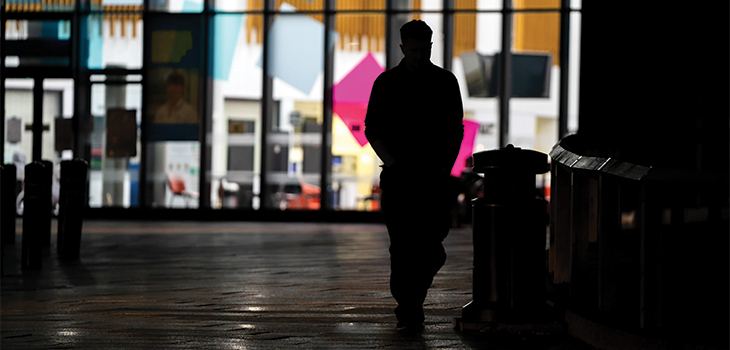
Lorin Lakasing, consultant in obstetrics and fetal medicine at St Mary’s Hospital, London, looks into some of the reasons why high value obstetric claims related to neonatal brain injury account for more than half of settlements paid out.
Lakasing writes that senior, often remote, managers often deal with complaints despite not being in the room at the time. Moreover, midwives and mothers are subjected to unrealistic goals.
She writes that ‘escalation often occurs after the opportunity to be proactive was missed so emergency protocols are actioned…the countdown on the hypoxic ischaemic encephalopathy clock has begun. Whatever is said and done thereafter matters not’.
The ensuing investigation, requiring hours of interviews tends to examine intrapartum events [during labour and immediately after childbirth].
Lakasing writes: ‘The misapprehension of analysing poor outcomes by focusing solely on intrapartum events is born of laziness and a poor understanding of the service. Precursors to poor outcomes lie in the antenatal period but these remain largely unscrutinised. To do so would be complex, unpopular and onerous.’
Read more here.










